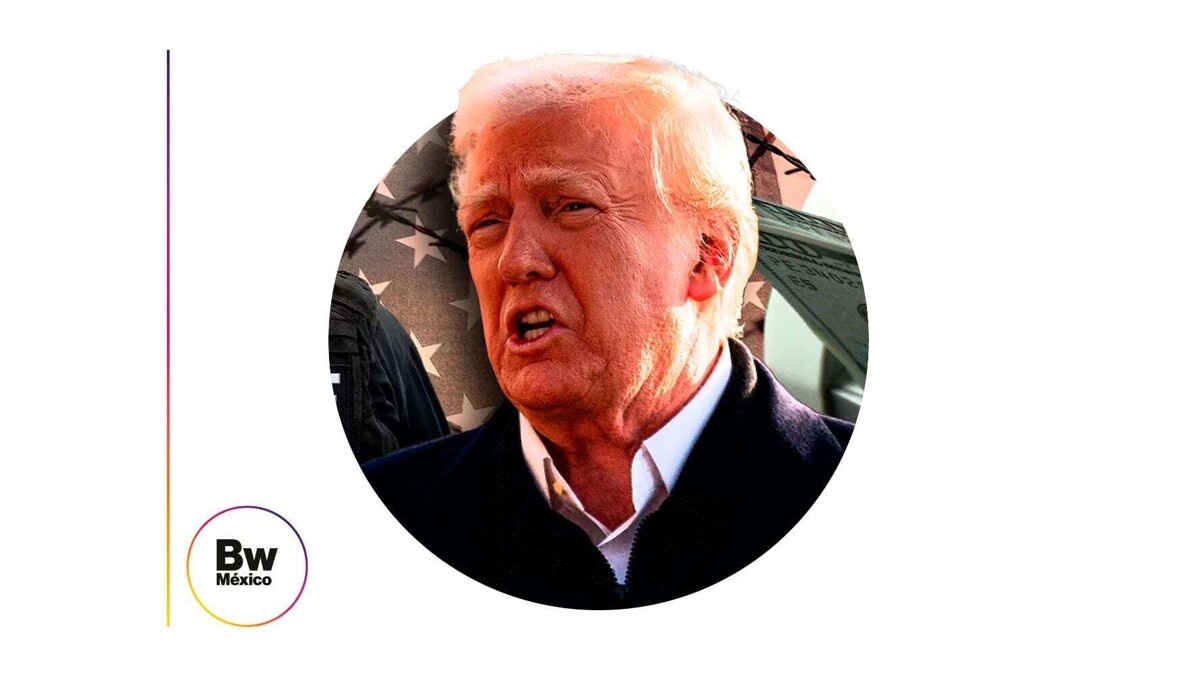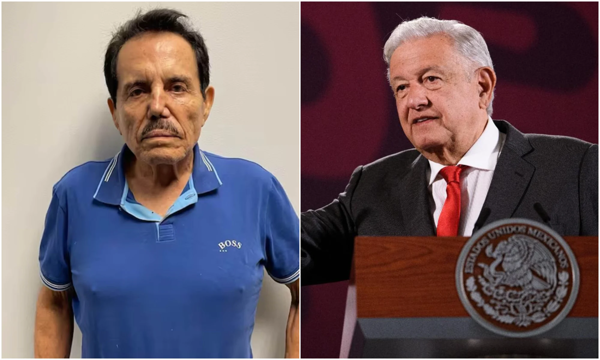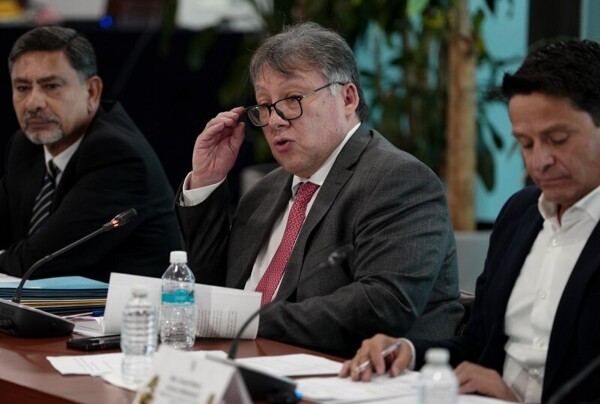
The arrival of Donald Trump to the presidency of the United States marked the beginning of a bilateral relationship with Mexico characterized by tensions; however, although some may not believe it, it will also offer opportunities. The bilateral relations between both countries have often been a source of conflict, such as the crisis of 1985 following the assassination of DEA agent Kiki Camarena, which led to the closure of the border and maximized tension in the relationship. It is essential to keep communication channels open and negotiate with a professional and results-oriented approach. Strengthening alliances with U.S. companies and actors with similar interests could influence the U.S. government.
In this era, challenges and opportunities arise. Although Trump's proposals could complicate the bilateral relationship, arguments could also be made for decisions that bring both countries closer together. While there are undeniable points of conflict, there are also areas where a beneficial agreement for all parties could be reached. At this stage, success will depend on balancing interests and priorities to build a complex but mutually beneficial relationship.
The new immigration rules implemented by Trump pose a threat to undocumented Mexicans in the United States, generating pressure on the immigration system and straining the bilateral relationship. However, these policies open spaces for negotiations, especially in border security. Labeling Mexican criminal organizations as terrorists poses significant implications in various aspects, including economy and national security, but could also promote deeper bilateral cooperation to address not only drug trafficking but also its causes.
Trade is another tense aspect of the bilateral relationship, with the constant threat of additional trade tariffs from the United States. Although Mexico is vulnerable to these measures, the renegotiation of the USMCA demonstrated that it is possible to reach beneficial agreements for all involved. Maintaining constant dialogue and avoiding unilateral measures is crucial to prevent greater conflicts in the Trump era. Despite evident conflicts, there are opportunities to build a more balanced relationship, especially in infrastructure, energy, and more humanitarian approaches to migration issues.
Navigating this complex relationship requires a clear strategy that combines firmness and pragmatism from the Mexican government, defending its interests without antagonizing its northern neighbor. Anticipating Trump's policies and seeking areas of mutually beneficial collaboration is key for Mexico. In this context, diplomacy plays a fundamental role in the bilateral relationship between Mexico and the United States.














